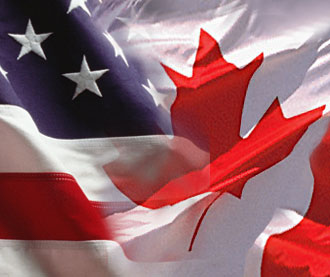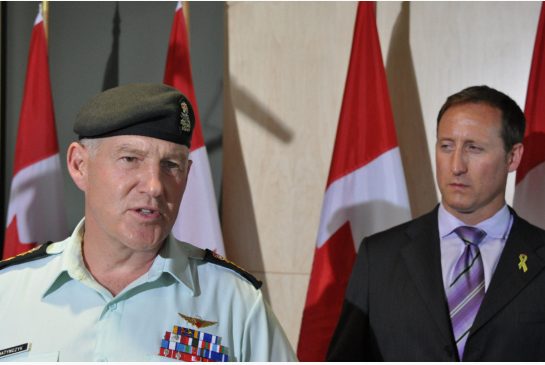In his article “Canada’s Four Point Game,” Irvin Studin, Program Director for the University of Toronto’s School of Public Policy and Governance, argues that Canada should position itself to be one of this century’s major powers. In making this argument, Studin outlines decisive factors that make Canada ready for major power stardom such as its large geography, abundant natural resources, and competent government. Studin emphasizes how developing and maintaining strategic relations with America, China, Russia, and Europe, coining the acronym ACRE, are essential to raising Canada’s geopolitical position and ensuring international prosperity and security.
Part I of this series of articles, entitled “ACRE,” explains and illustrates two ways that Canada can best position Canadian-American relations. First, Canada could use the United States’ strategic position, assets, and capabilities to advance its foreign policy objectives. The United States is strategically positioned in North America and remains Canada’s only territorial neighbour. In addition, the United States’ valuable assets and capabilities include its large military, political influence, and economic leverage.
Canada could use the United States’ strategic geographical position, military assets, and intelligence and information capabilities to identify and to prevent the operation of drug cartels. Operating from South and Central America, drug cartels have engaged in illegal drug, arms, and human trafficking, and these cartels have contributed to severe violence that poses a significant security threat to Canadians and Americans. In this case, Canada could partner with the United States to protect its citizens.
In the coming century, Canada could also be less reliant on the United States in fulfilling its foreign policy objectives. Such decoupling would benefit Canadians for two reasons. Some political scientists argue that the United States is in relative decline and, therefore, Canada must be more independent in protecting its interests. In addition, the United States could revert from its interventionist foreign policy trend and, as a result, be unwilling to protect Canada’s security interests.
The Canadian Government has taken initiative to protect its Arctic interests because climate change has resulted in ice-retreat and companies want to extract northern natural resources. To this end, the Government has conducted exercises in the Arctic to test its capabilities. Before the Government maintains a permanent Arctic vessel fleet, re-supplying and communications problems need to be addressed. In this case, Canada has acted independently to protect its Arctic sovereignty.
Overall, to become a major power, Canada’s relationship with the United States will be crucial. Canada can use the United States’ strategic position, assets, and capabilities. Furthermore, Canada can become more self-sufficient on issues that the United States exudes less interest. Significantly, Canada will need to create and to maintain strategic relationships with Russia, Europe, and, as will be discussed in the next article of this series, China.




